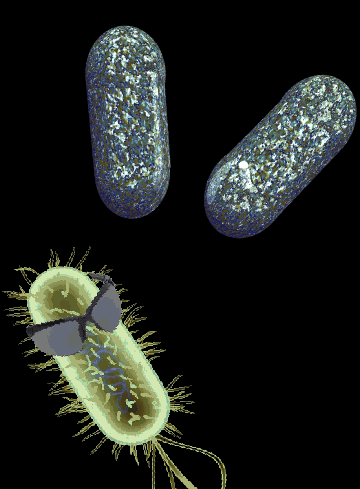Toddler brings resistant typhoid

Since 2016, extensively drug-resistant typhoid bacteria, which are resistant to all first-line antibiotics, have been found in Pakistan, with cases reported in travellers in England, the US and Germany.
In this case, a girl returning from Pakistan to Australia was treated with two of the last remaining effective antibiotics and was discharged from hospital after eight days.
“Diarrhoea began in Pakistan 6 weeks before her return and continued despite the use of oral antibiotics prescribed locally in Pakistan. Ten days of high fevers, irritability, vomiting and reduced oral intake prompted admission,” Dr Philip Britton and colleagues wrote in the Medical Journal of Australia (MJA).
“Blood and stool cultures grew extended spectrum β-lactamase-producing Salmonella enterica serovar Typhi.
“The isolate showed microbiological features typical for the XDR clade, with resistance to chloramphenicol, ampicillin, trimethoprim–sulfamethoxazole, fluoroquinolones and third-generation cephalosporins.
“The child responded to intravenous meropenem and oral azithromycin and was discharged after an uncomplicated 8-day admission to complete a further week of azithromycin.”
The authors warned that Australia was not immune to the “emerging threat” of extensively drug-resistant typhoid.
“Typhoid must be considered as a diagnosis for febrile returned travellers from endemic regions, including South and South-East Asia,” they concluded.
“Typhoid vaccination is recommended from 2 years of age if travel is planned to these regions. The important role of GPs in providing travel-related vaccine advice and care to returning travellers must not be underestimated.”








 Print
Print